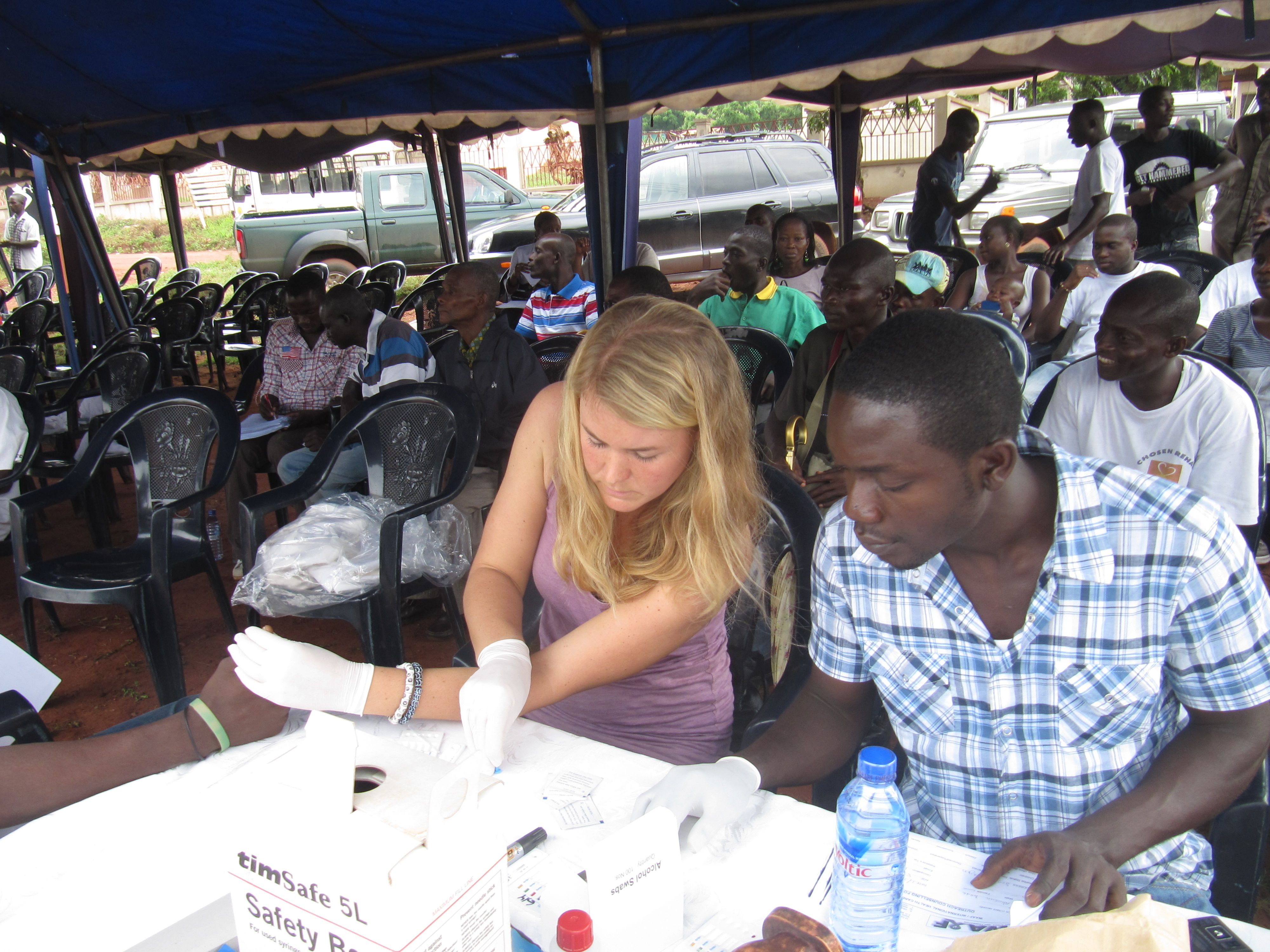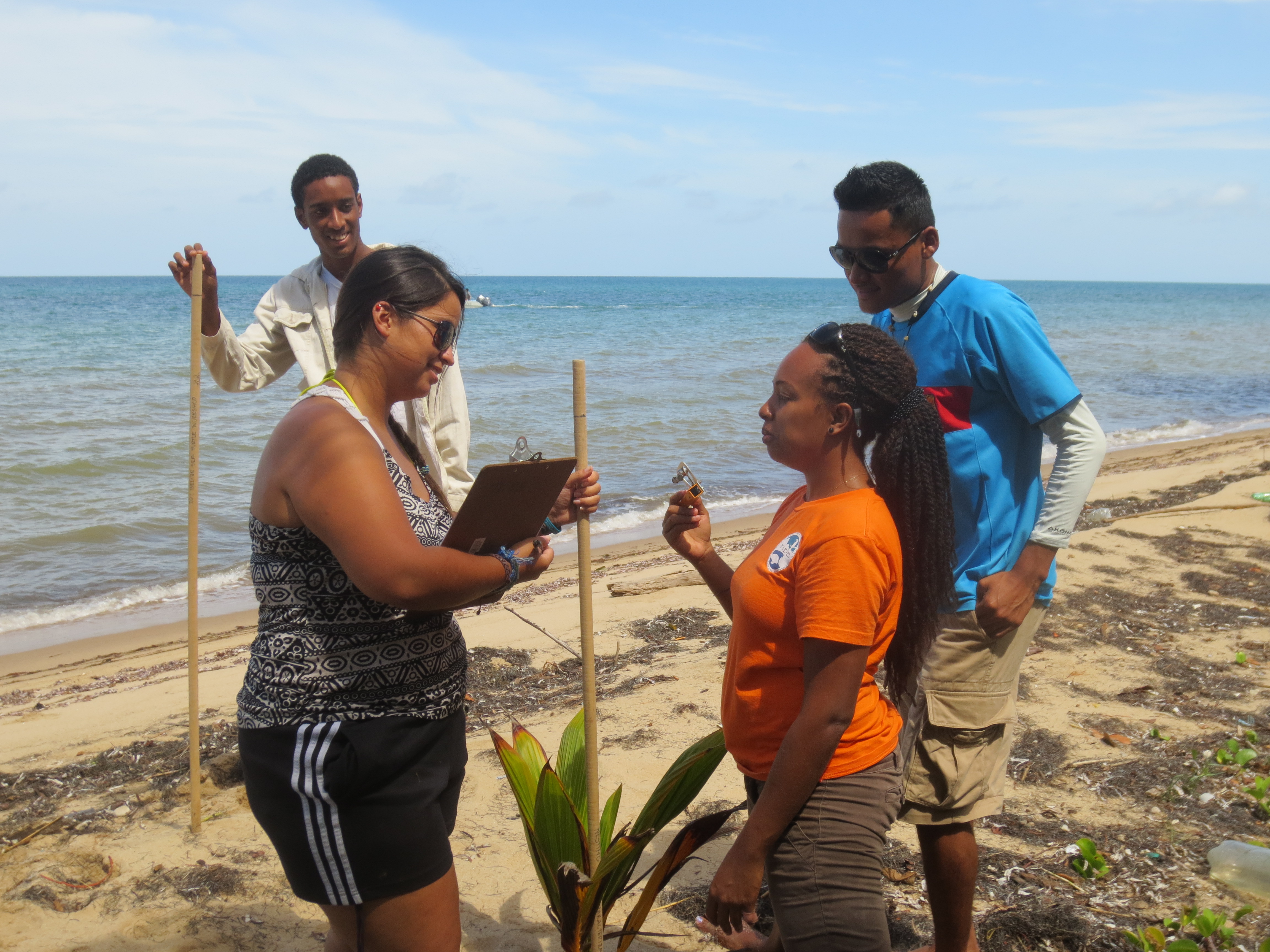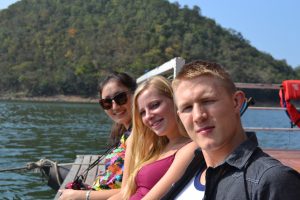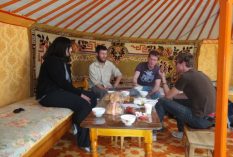There are two ways to view a journey. Some see it merely as a means to an end, as a way to get where they want to go. Others view it as being as big a part of their trip as their time at the destination is.
If you fall into the former category, may I recommend an aeroplane. Anyone who likes the sound of the latter has probably considered the Trans-Siberian Railway at some point. I know I did. And then I planned it, and then I went across Russia on it. And now I’m going to share some of what I know with you.
While a trip across Siberia might sound like it needs military level planning, organising it can be made simpler by doing a little research and using agencies where needed. For people who prefer to have everything taken care of for them, or for those limited for time, agencies can offer a range of packages, from all-inclusive deals to simply buying your train train tickets before you leave your home country. For those people and the more independent minded traveller alike, some or all of the following information will be essential.
Something that everybody will need to arrange in advance are the necessary visas. And before you know which ones they are, you will need to know which countries you are planning to take in.
Anybody travelling across the length of Russia will of course need a Russian tourist visa. Going the whole way, from Moscow to Vladivostok, is only one route though. Other options are to travel through Mongolia and into China, for which you will need those relevant visas. There are agencies that can organise all of your visas at (as far as you are concerned) the same time. That is to say, you send your passport, documents and the information for every visa you need, and they will return your passport to you once they have procured them all. The agency I used for this was called Real Russia. It was painless, although there is something to note about the Russian visa in particular: every visa I have ever obtained for any country, bar Russia, has had a minimum length of stay. This has most often been a month, or thirty days, even if you state that you need less.
Russia was different. Russia asked me for my entry and exit dates, which I gave. They then gave me a visa for those dates. Two weeks. By the time I had finalised my plans, which included travelling prior to arriving in Russia, I was four days ‘late’ in arriving. Unfortunately, this didn’t result in my exit date being shifted four days. Now, I only had ten. Do not make the same mistake! Apply for more than you need. You don’t have to worry too much about accuracy when saying which cities you will visit, but make sure you apply for enough days to cover any changes that might happen to your itinerary.
One more thing to consider regarding this is, when crossing a border by train, knowing what time the train arrives at that border. That is when passports get checked, not when you arrive at the destination. If you’re arriving in the morning, you might be crossing the border before midnight the previous day. Ensure your visa is valid for when the train wants to enter the country.
Classes and Tickets
Like most trains, the ones of the Trans-Siberian routes offer different classes of tickets for different prices. In a nutshell, 1st Class tickets will see you in a two-bed private compartment, 2nd Class in a four-bed compartment, and 3rd Class in an open-plan carriage with four bunks per ‘space’. A little like a cabin, just with no door. Thinking about both price and ‘going local’, I went 3rd Class. Would I recommend it? Yes! But more on that later.
As mentioned earlier, it is possible to use an agency to buy your tickets for you before you leave home. Having a little more flexibility, although less than I’d hoped for because of the visa problem explained earlier, I bought mine at the train station in Moscow a few days before my departure. This wasn’t particularly difficult, although it wasn’t without its annoyances. Ask someone in your accommodation to write down the details of what you want, in Russian. Departure and arrival cities, the date, the class, and anything else relevant, and show this to the ticket vendor.
Expect crowds, not queues at the ticket windows. Also expect the seller to shake their head and point you to the next window once you’ve finally got to the front. This may happen more than once, and you may go from window 1 to 2 to 3 and finally be served at 4. Or 5, as the lady at 4 pulls the curtain down in your face and goes for lunch. There may be some frustration, and it may take longer than you thought, but there is no real reason you shouldn’t eventually be leaving the station with your ticket(s) bought.
Other Ticket Considerations
The Trans-Siberian is not a hop-on hop-off service. If you want to stop and see cities along the way, you will have to buy the relevant tickets that allow you to do this. A to B, B to C, C to D. There are a number of decent sized cities along the way, but I went straight from Moscow to Irkutsk, a common stop-off as it is the place from where to visit the immense Lake Baikal.
Not all trains are the same, and they don’t all travel at the same speed. Although the idea of travelling on the Trans-Siberian is all about the leisurely trundle across Russia, be aware that you could do it a little bit quicker by choosing the right train. You can tell by the numbers. Generally speaking, trains denoted by a single digit are faster and better quality, while three digit trains are slower and older. And cheaper.
If you are not travelling with enough people to fill a compartment, I would recommend buying a ticket for a top bunk. The bottom bunks are the only place to sit in the daytime, and if that’s your bed, you will have strangers on it. Having the top bunk means you have the option of sitting on the (other person’s) bottom bunk or lying down on your own top bunk.
The peak months for foreign tourists are May to September. The weather is warmer and the days are longer. This obviously makes booking a ticket that bit harder, but having a few more Westerners aboard can help you enjoy the journey more. During the winter, the trains are well heated and comfortable, although you will certainly need your coat, hat and gloves if you get off at a station to stretch your legs.
On Board
When a train takes days and days to reach its destination, food is an important consideration. There is a dining car, although I never used it. You can take on as much food and drink as you want. Popular items are vodka and beer, while more practical ideas include instant noodles, bread, cheese and snacks. There is an urn in each carriage with boiling water on tap for your noodles, tea, coffee and anything else.
Aside from what you carry on, vendors will occasionally walk up and down the carriage with a selection of wares, ranging from beer to instant noodles, bread to cheese and snacks like nuts or dried fish. Every time the train stops at a station for long enough for you to get off and walk around, there will be vendors on the platform too, selling the usual (but useful) food and drink.
Try to locate a timetable of when the train stops. A man near me had one, but I don’t know where he got it from and it was the only one I saw. They are highly useful, as not only do they tell you when you will next stop, but also for how long. Some stops are only a few minutes and are literally not worth getting out of bed for. Knowing when the next decent stop (twenty or thirty minutes) is can help you plan your day. That sounds ridiculous for a train journey, but it is true!
Being in 3rd Class, there were precious few other foreign travellers. Communicating as best I could with the local people, I found them in general to be a friendly bunch, but only after you have broken the ice. I found this true of most Russians I met away from the train too. Initial exchanges often seemed cold, but after a while I was being showered with beer and salami. I got lucky by being near a young Moscow couple who spoke very good English and were excellent, and very kind, company. I’m still in touch with them today.
The train itself is comfortable, with soft beds and enough space to walk up and down. As smokers have to go to to a space in between the carriages to have a cigarette, the air was clean and never unpleasant, and also kept at a reasonable temperature.
The whole atmosphere itself was one of people wanting to make themselves as comfortable as possible, with everyone knowing that we were all in it together. One young lady spent three days in her pyjamas, changing into an elegant dress and applying her make-up only when she reached her destination. Nobody batted an eyelid, except maybe me. People read, chatted, played cards and other games, ate, slept, watched the world go by, and generally did whatever they could to make the time pass. And pass it did. My journey took over three days, but it never dragged.
There are no electrical sockets in the cabins but there could be one halfway along the carriage, that the staff use for the vacuum cleaner. There are also shaver sockets in the bathrooms, located at both ends of the carriage. A few times, I stood behind people thinking they were waiting for the bathroom, only for them to motion that it was empty and they were merely charging their phone. With sockets rare and highly prized, consider going old-school and taking some non-electrical entertainment. I don’t know, like a book or something.
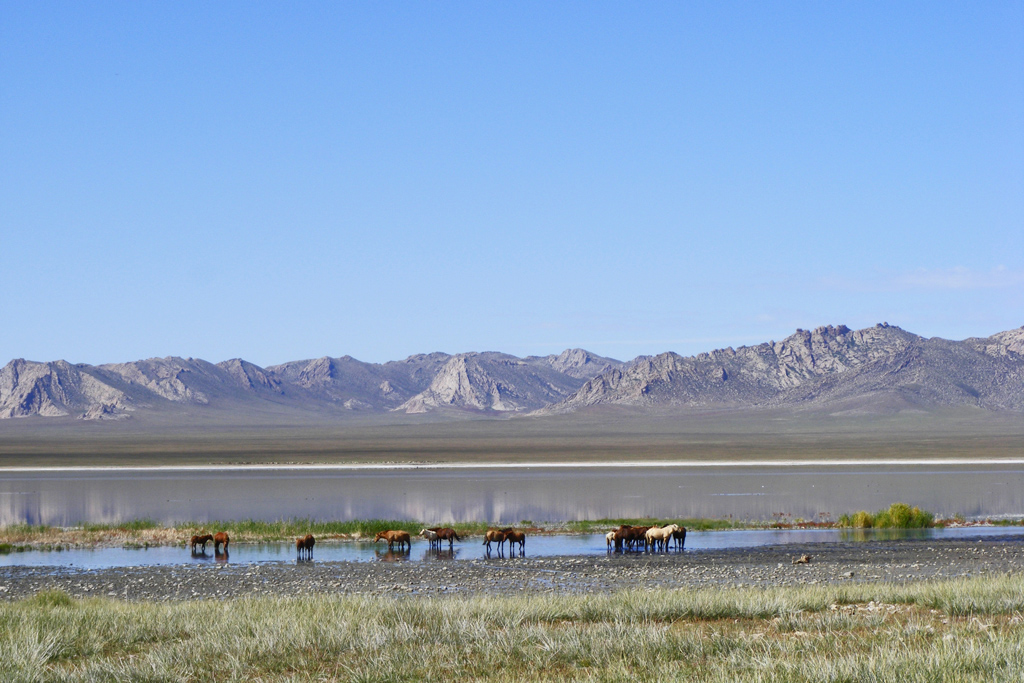
Things To Be Careful Of
Although I was lucky enough to make some local friends, there was a group of three or four young males who made me feel less comfortable. Indeed, when my friend disembarked before Irkutsk, he advised me to be careful of these people if they ever appeared drunk, as he didn’t trust them either. Nothing ever happened, but it pays to be aware. The Trans-Siberian is not a tourist train. It’s a real train, serving the public, and any country has its share of bad eggs.
Be careful with your gadgets. If travelling alone, you obviously can’t take everything to the toilet with you. But don’t leave your DSLR on your bed either. Put things out of sight if you have to leave them and go elsewhere for any reason. As ever, common sense goes a long way.
Be very careful with crossing the tracks when your train stops, and also take your passport with you every single time you get off. I nearly learnt these tips the very hard way, when our train stopped and a few of us crossed a couple of tracks to reach a platform to use the toilet. Although I had checked how long the stop was scheduled to be, I hadn’t imagined another train would pull in, blocking us from getting back to ours. A few people took what I saw as too big a risk and kind of crouch-walked under one of its carriages. I decided to go around, although these trains are long. With no idea if I had enough time or not, I ran down the side of the train, around the back and reached mine, luckily before it had started to pull away.
The worst case scenario here would have been me being stuck somewhere in Siberia with all my possessions, passport included, on their way to Irkutsk. Not a good situation. Be aware.
Time Capsule
One oddity that I found with taking the Trans-Siberian concerned Russia’s nine (at present) time zones. For uniformity, every train schedule in the country is set to Moscow time. The further East we went, the earlier the sun was rising and setting, but the time we were on inside the train never changed. The time inside the train rumbling through the countryside was different to the time directly outside. I realise a similar situation happens when you fly, but at this slower speed and over a longer duration and distance, the feeling of travelling in your own little time bubble was far more pronounced. Finally stepping off in Irkutsk and altering my watch was an odd moment too. Instant jet-lag. From a train journey.
Unfortunately, this also gives another potential headache to train travellers in Russia. If your destination is in another time zone, the arrival time written on your schedule will of course be different to the local time when you arrive. Services like hotel pick-ups should realise this, but if you’re making your own arrangements, you’d better make sure you know what time you really arrive. And don’t be fooled by the station clock, as this will also show Moscow time, no matter where the station is.
After The Trans-Siberian
I consider the Moscow to Irkutsk leg of my journey to be my Trans-Siberian experience. After this, I bought tickets on to Ulan Ude, Ulan Bator and eventually Beijing independently and after breaking it up with time spent in each place. None of these were ever more than an overnight train. Again, with flexibility on your dates, doing this independently is not difficult. In fact, these tickets were easier to buy than the one from Moscow to Irkutsk had been, due to there being less demand for them.
The Trans-Siberian certainly changed how I think about travel. It made me realise how valuable the journey is, and is not just a means to an end. I slowly continued by train to Hong Kong, seeing China as I went. I had started in London and gone through Europe before arriving in Moscow. I could have flown from London to Hong Kong, instead of taking three months overland. Those three months though were travelling, not a twelve-hour necessity that needs to be gotten out of the way before you start travelling. And when it was over, and I took a flight to Bangkok, I felt kind of guilty to not be going overland.
I also realised how small the world really is, which was the complete opposite to what I had expected. Flying halfway around the world in half a day should do that, shouldn’t it? I disagree. When flying, you can’t get a real feeling for how far you have actually gone. Taking the train may take far longer, but there is no comparable feeling to looking at a world map and knowing you did it on the ground. Beforehand, it looked too far. It should have been gruelling. It should have been a slog. But it wasn’t. It was enjoyable and easily achievable and you did it. And that is what makes the world look a hell of a lot smaller.




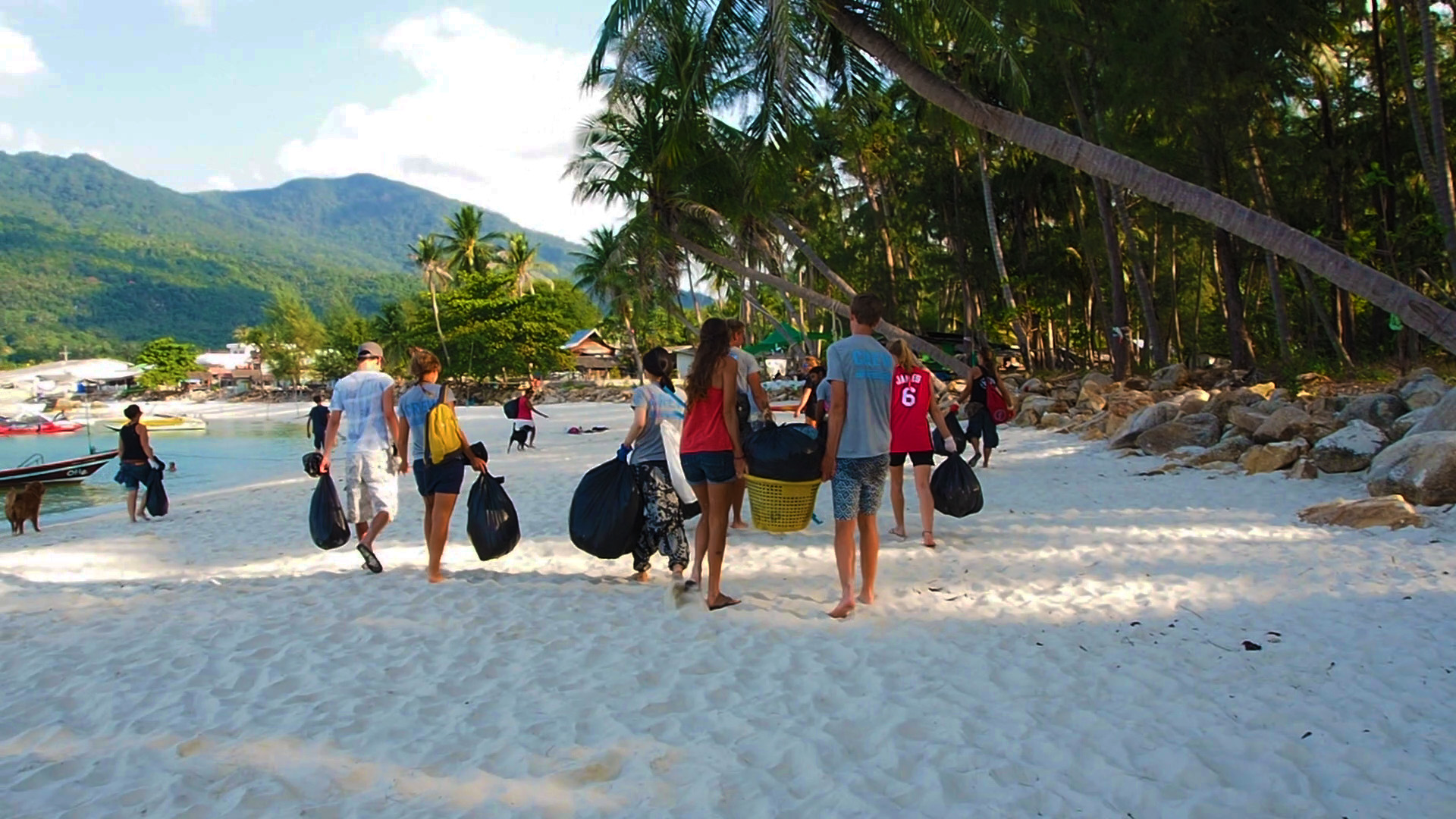





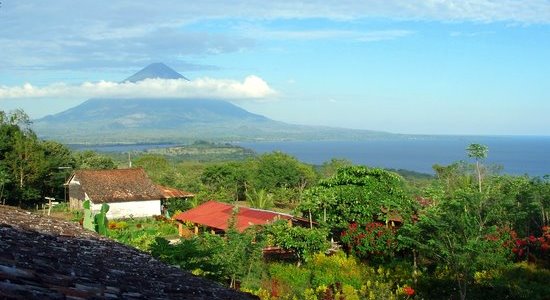

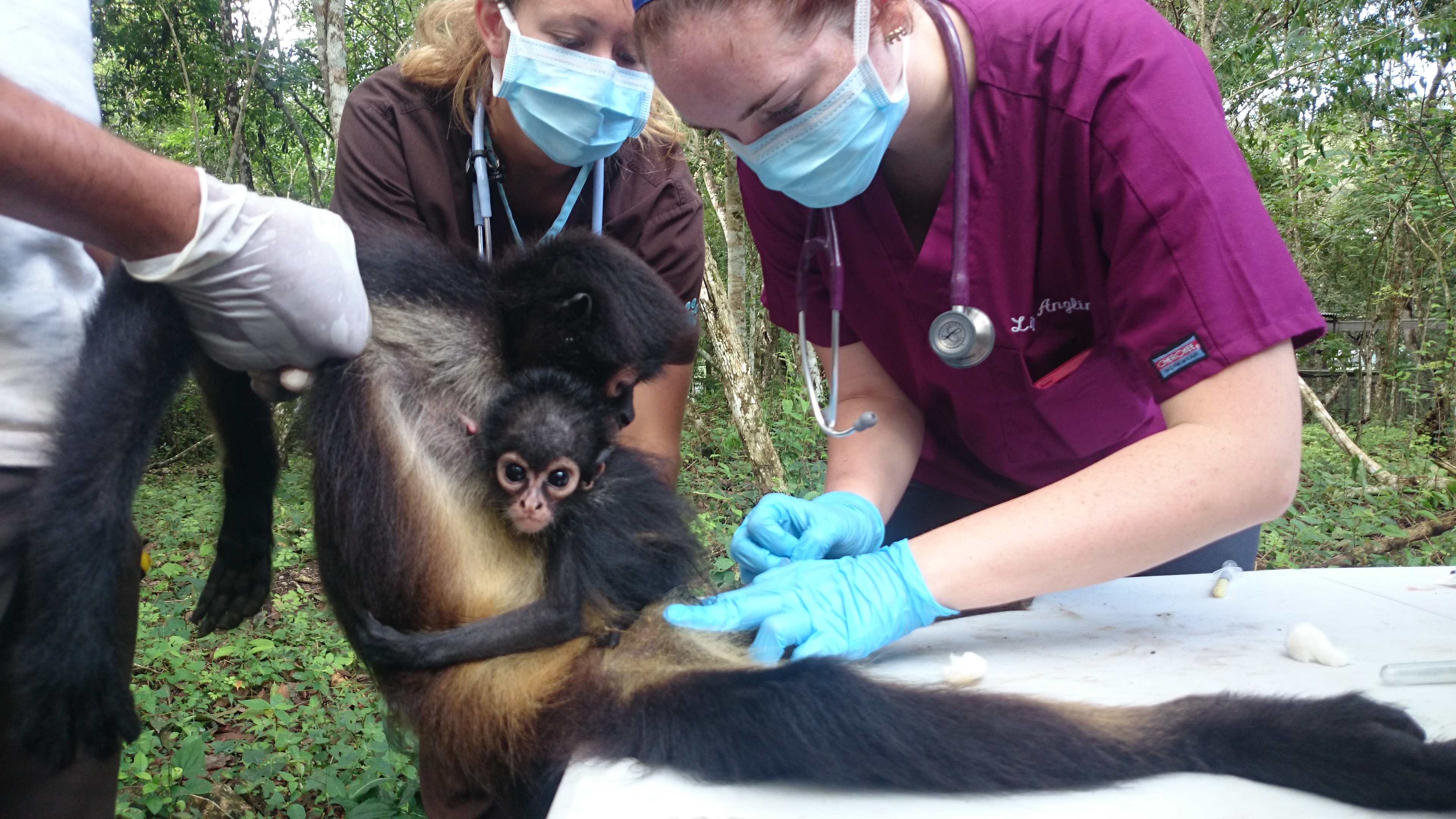



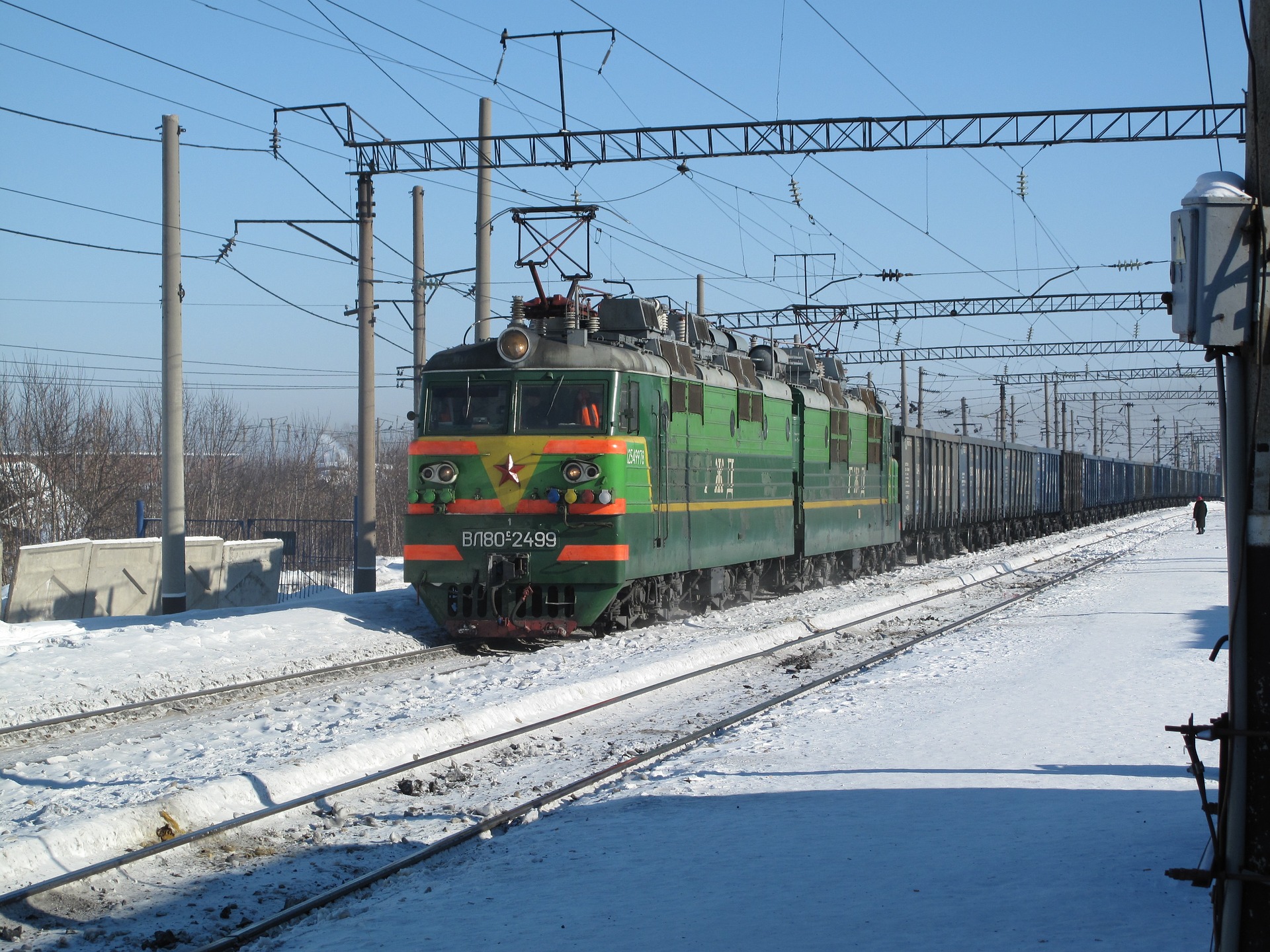


 n their own experiences. If someone is used to seeing animals treated in a certain way, then that way will constitute normality, and therefore will be acceptable to them. In the developing world, working animals are often relied upon for the day-to-day survival of their owners. In some cases, the animal may be in very poor condition and possibly lame, however this suffering may be due to poverty rather than deliberate cultural practices. This presents a complex problem because if the animal continues to work it will be suffering, but if it ceases to work then both owner and animal will go hungry. These circumstances require owner education in a hope to maintain the animal’s health to the highest degree possible, even though welfare may still compromised as it continues to work.
n their own experiences. If someone is used to seeing animals treated in a certain way, then that way will constitute normality, and therefore will be acceptable to them. In the developing world, working animals are often relied upon for the day-to-day survival of their owners. In some cases, the animal may be in very poor condition and possibly lame, however this suffering may be due to poverty rather than deliberate cultural practices. This presents a complex problem because if the animal continues to work it will be suffering, but if it ceases to work then both owner and animal will go hungry. These circumstances require owner education in a hope to maintain the animal’s health to the highest degree possible, even though welfare may still compromised as it continues to work.
